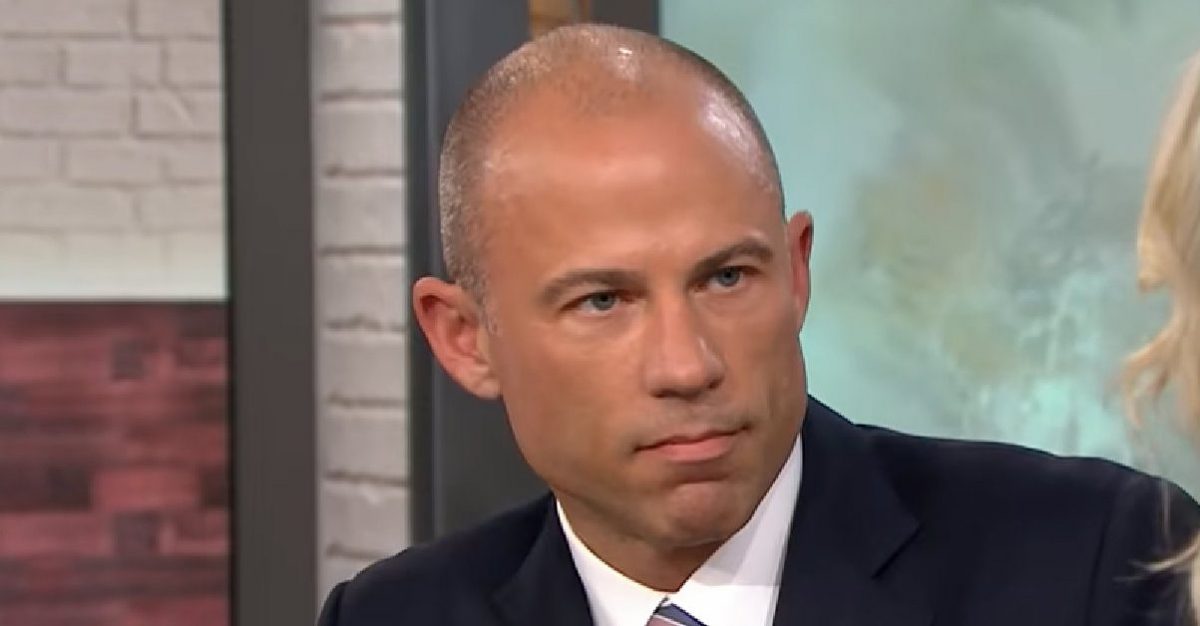
Michael Avenatti, on behalf of his client Stormy Daniels, filed a response to Michael Cohen‘s request to silence him during their ongoing battle. Avenatti listed multiple reasons why such a request is inappropriate, but made one thing very clear: if the court does issue a gag order, it should apply to President Donald Trump and his lawyer Rudy Giuliani too.
This comes after Cohen filed a request for a temporary restraining order earlier this month, calling for Judge S. James Otero to prohibit Avenatti from discussing the details of Daniels’ case with the press or the public. At the time, Avenatti called this an “assault on the 1st Amendment.” In Monday’s court filing, he went into much greater detail in his argument against it.
For starters, Avenatti’s court filing said that Cohen’s request is premature. Cohen argued that Avenatti’s media appearances could make it difficult for him and Trump to get a fair trial, but Avenatti pointed out that the case is nowhere even close to going to trial, as the case has been put on hold pending the current criminal investigation of Cohen. Therefore, Avenatti argued, there’s no “imminent” threat of impacting a trial. Avenatti also pointed out in a footnote that Cohen doesn’t think a trial will ever happen, as he’s arguing the case should go to arbitration instead.
On top of that, Avenatti noted that Cohen’s proposal would be a prior restraint on speech, which he reminded the court is “one of the heaviest and most disfavored remedies known in American jurisprudence.” He cited a 1976 Supreme Court decision that said “pretrial publicity even pervasive, adverse publicity does not inevitably lead to an unfair trial,” claiming that Cohen and his attorney failed to show why the current case does require a prior restraint, or why less restrictive remedies wouldn’t work.
Law&Crime reached out to Cohen’s attorney for comment, but he did not immediately respond.
Avenatti argued that no gag order should be imposed, but in the event that the judge feels otherwise, the order should be narrow and it should work both ways. That means that if Avenatti can’t talk about the case, it should apply to “all parties … and all counsel” (emphasis in original), including Trump, Cohen, and their attorneys, including Giuliani. Otherwise, Avenatti said, it would be unfair to prevent him from talking while the other side continued.
Such an order would also have to be narrowly tailored to allow certain speech, he suggested. In such a case, he conceded, statements calling a party or their attorney a criminal, a liar, or otherwise attacking their reputation, character, or credibility could be prohibited.
Despite this, he suggested, everyone should still be allowed to comment on people’s alleged actions and their legal implications.
[Image via NBC screengrab]